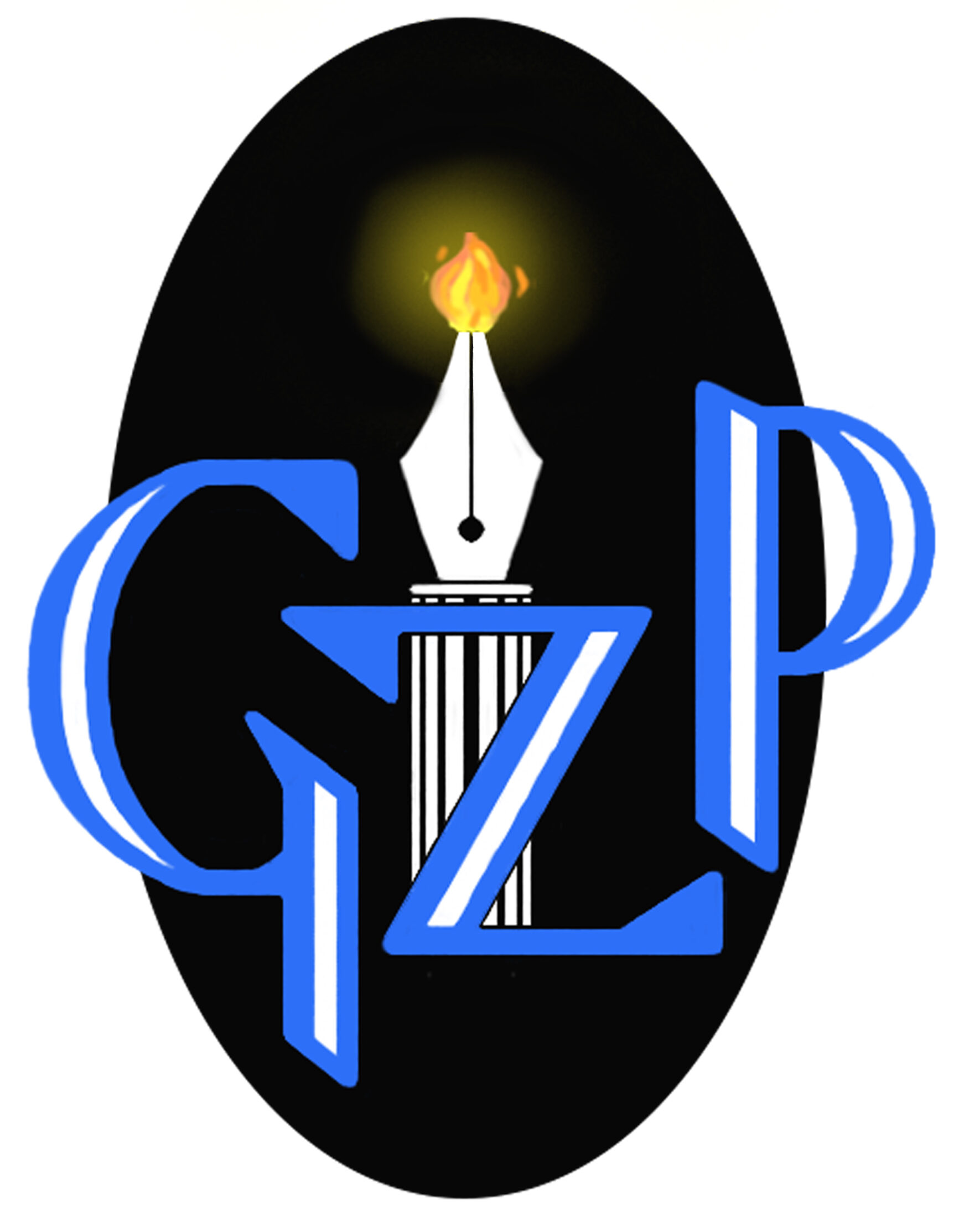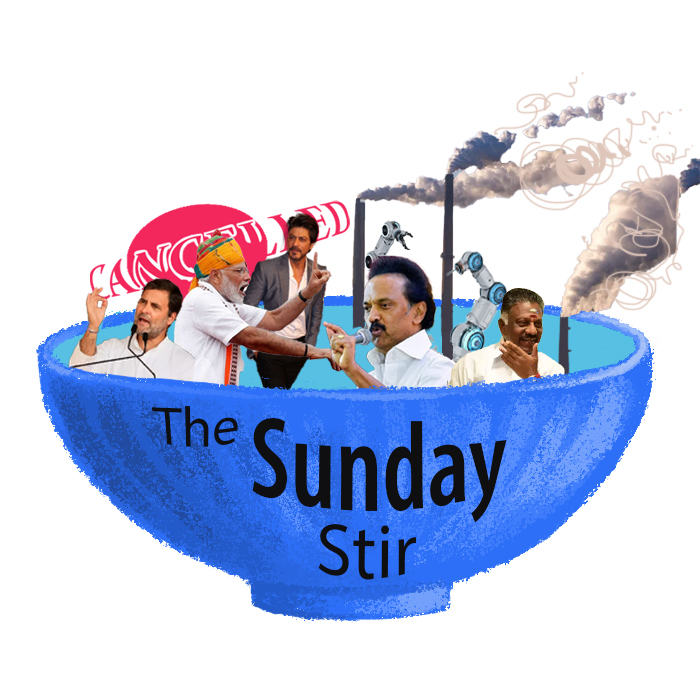Last week, we briefly discussed the perils of ignoring intra-party democracy in Tamil Nadu which has resulted in mushrooming of too many political parties with identical ideologies. So many parties claim to bring about the same change that the voter can decipher no difference but for the personality associated with the party and his/her personal charisma.
A major pitfall of lack of democracy within the party is that it weakens the party from within. Let’s look at the national scenario: the biggest difference between the Congress and the BJP is the lack of intra-party democracy in the country’s oldest political party.
Since Independence, when Pandit Jawaharlal Nehru became the Prime Minister, the Congress party has been synonymous with the Nehru family. Even when outsiders (not belonging to Nehru family) became Prime Ministers and held the position of the President of Indian National Congress, the party and its top brass remained loyal to the Nehru-Gandhi family and nothing really happened without their consent.
The most recent evidence of such an unflinching loyalty has been the election of Congress veteran Mallikarjun Kharge who won the election for Congress President with 7897 votes against his rival MP Shashi Tharoor who secured just 1072 votes in October last year.
Several other leaders who were in the fray for the post after Rahul Gandhi resigned as Congress President had backed out in the last-minute citing various reasons. Even during the polls, Tharoor’s team complained of irregularities in the way the poll was conducted but the highlight was that none in the Congress expected Tharoor to secure even a 1000-votes as the polls were not taken seriously by most leaders.
Mallikarjun Kharge, as the nominee put forth by the Gandhi family, was clearly the winner even before the election was held. The loyalty for the family has been such that when Tharoor came to Chennai to campaign, no state leader was present.
An unsavory outcome of this lack of democracy in Congress is that there is still no clarity over who is the Prime Minister candidate projected by the Congress as the final call will be taken only by the family in the event of a victory in the Lok Sabha elections.
On the other hand, one of the key strengths of the BJP has been the diversity of its leadership. The top brass of the party, when it was in power between 1999 and 2004, was nowhere in the limelight in the run-up to the 2014 polls when three-time Gujarat Chief Minister Narendra Modi was chosen as the PM candidate. Even veteran leaders like LK Advani were sidelined to pave way for a new crop of leaders who have been running the party and government for a decade now.
When the BJP lost the 2004 elections and stayed out of power for ten years, the party leadership underwent a complete transformation and Narendra Modi fought his way to the top of the ladder sidelining all other leaders. Despite the scar of the Gujarat 2002 riots and his not-so-friendly relationship with minorities, Modi managed to convince the party that he had what it took to win a Lok Sabha election, and that too at least two years (by 2012) ahead of the Lok Sabha polls. However, the BJP also runs the risk of personality politics if Modi chooses to stay in power for too long and doesn’t let go of his control over the BJP.
Back in TN too, a similar situation prevails in the ruling DMK, which is soon falling into the dynastic trap that can only cause harm in the long run. As a young politician, Kalaignar (M Karunanidhi) fought his way through the party ranks to become Chief Minister. His son and Chief Minister MK Stalin had to fight only his siblings to take control of the party and the government but Udayanidhi Stalin doesn’t face even that challenge as he is already being promoted as the future of the DMK and has been endorsed by the senior leadership.
Such control over a party by a single family can only mean that those aspiring to become a Chief Minster or any other key party post have to look elsewhere. In comparison, the AIADMK is in a slightly better position in terms of intra-party democracy as neither MGR nor Jayalalithaa nor Edappadi K Palaniswamy have any familial connection and have managed to take full control of the party relying on their strengths – although the means were hardly democratic. Perhaps, that explains the electoral success of the AIADMK that has governed the state for much longer than the DMK and continues to be a force to reckon.
Globally, the other major democratic exercise set for later this year is the US Presidential polls at end of the year. Until about a few weeks ago, a relatively unknown Indian-American, Vivek Ramaswamy, had been a serious contender for the Republican Presidential candidate competing against the likes of Donald Trump before he pulled out due to lack of sufficient support for his candidature within the party. The only other Republican rival to Trump, Nikki Haley, who also has Indian roots is still in the race as of now. The fact that an unknown migrant’s son could run for the top race in the country in as democratic a manner possible, speaks volumes of the intra-party democracy in the country’s political system. An Obama could emerge as the President followed by a Donald Trump and in a few years, an Indian migrant’s son might too.
As the country celebrates 75th year of becoming a Republic, it is about time our political parties shun nepotism and put adequate, transparent mechanisms in place that can pave way for any talented individual to contend for the top posts, be it in the party or the government.


